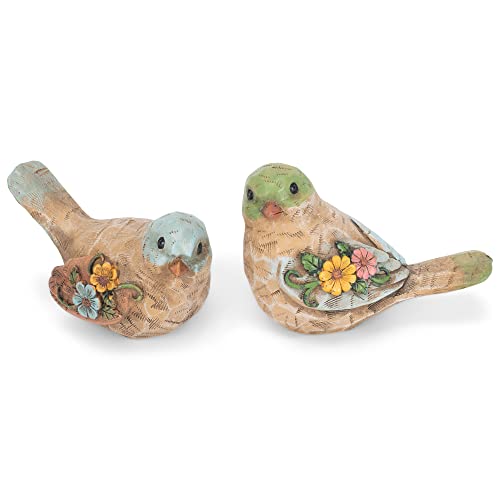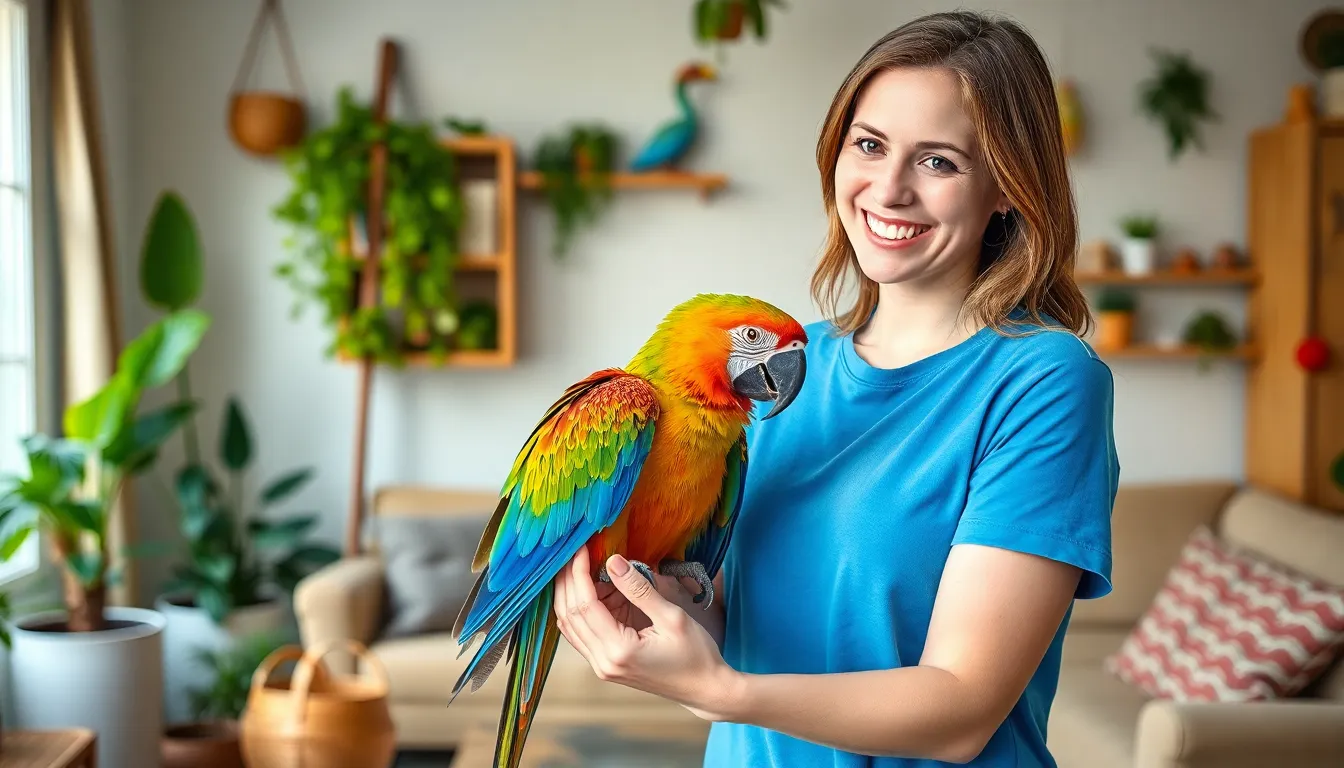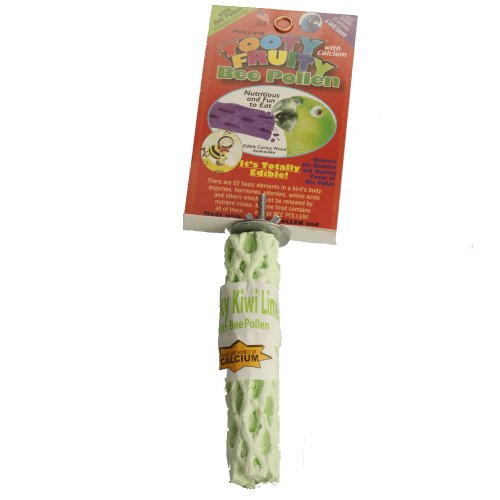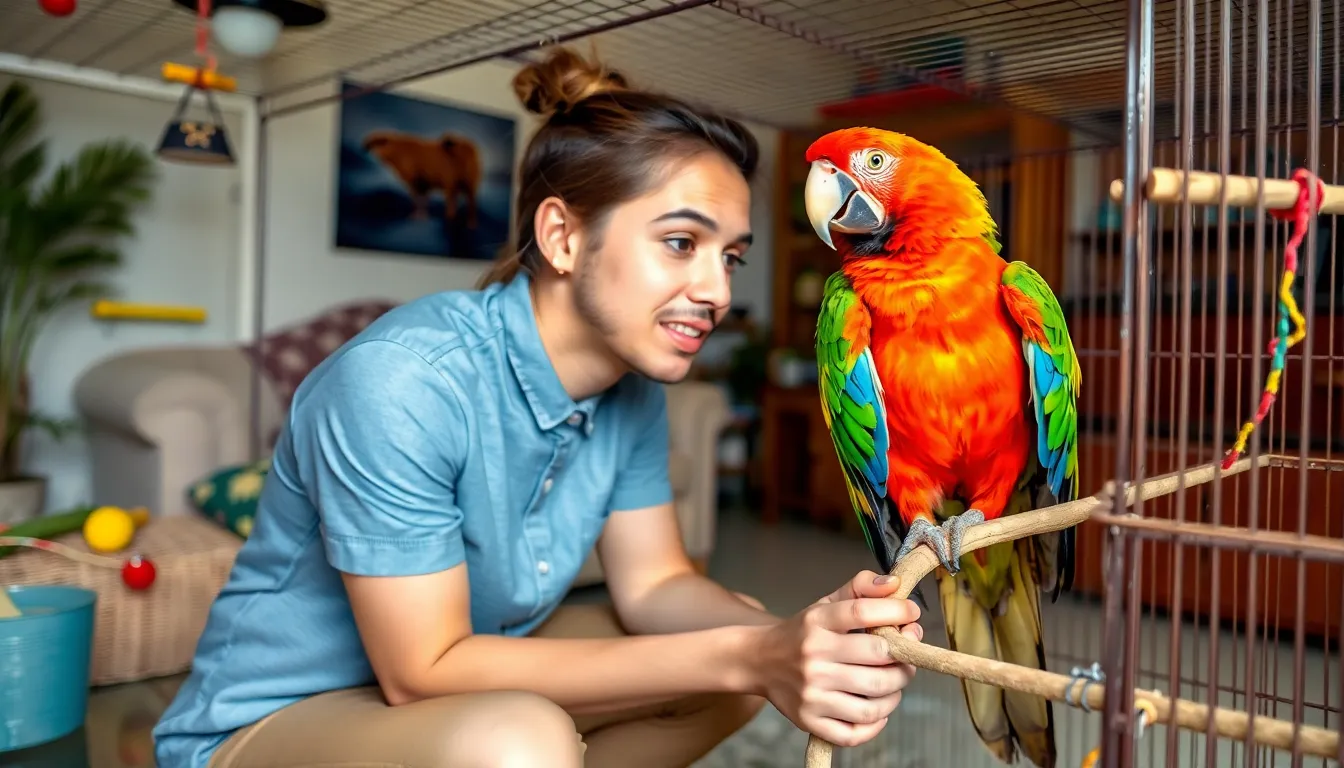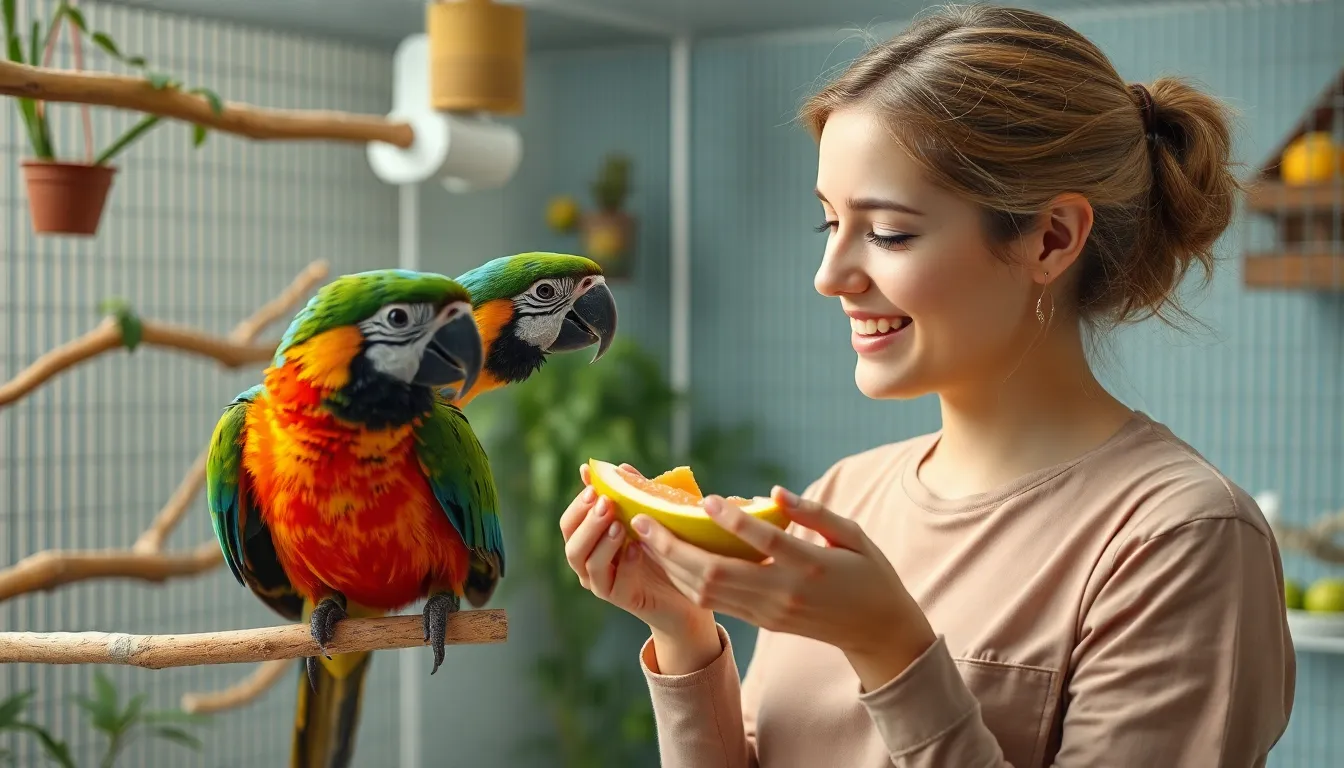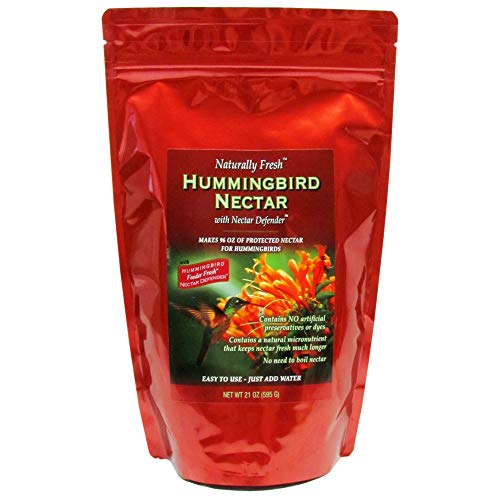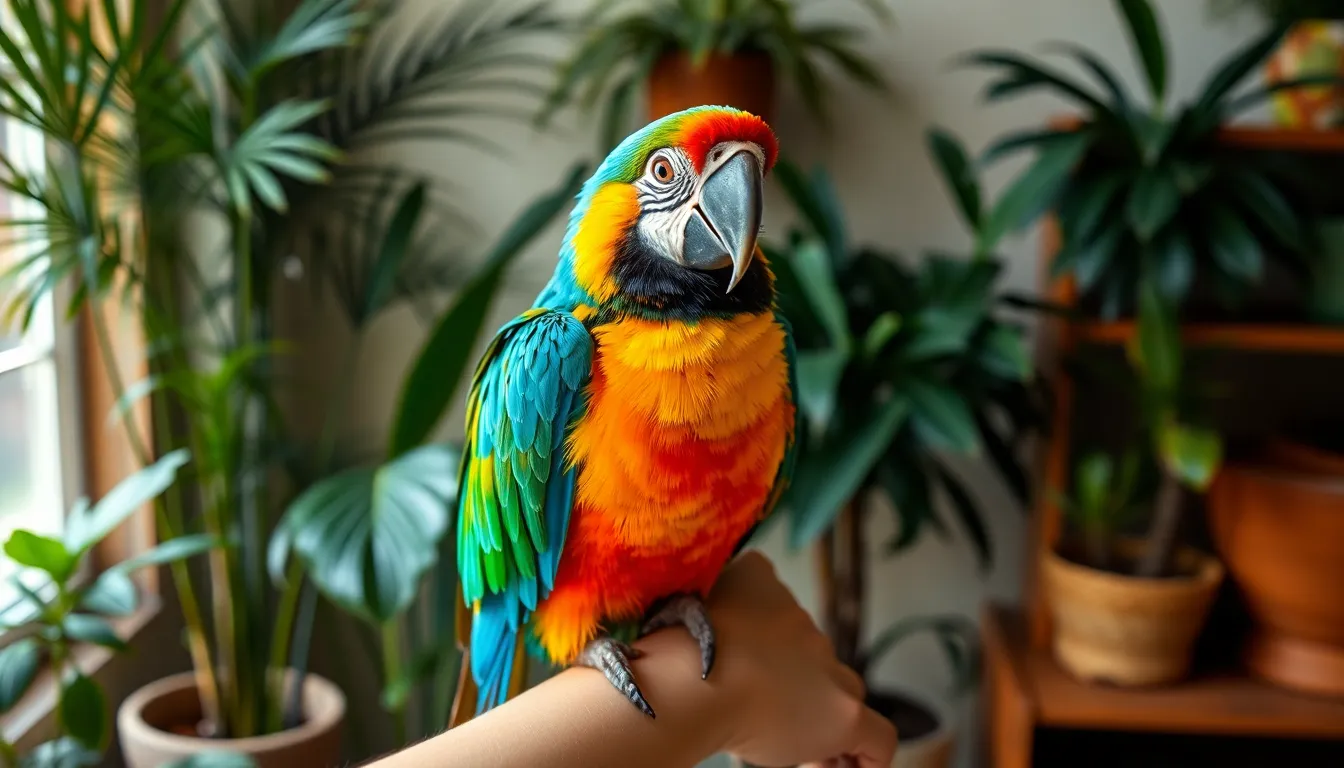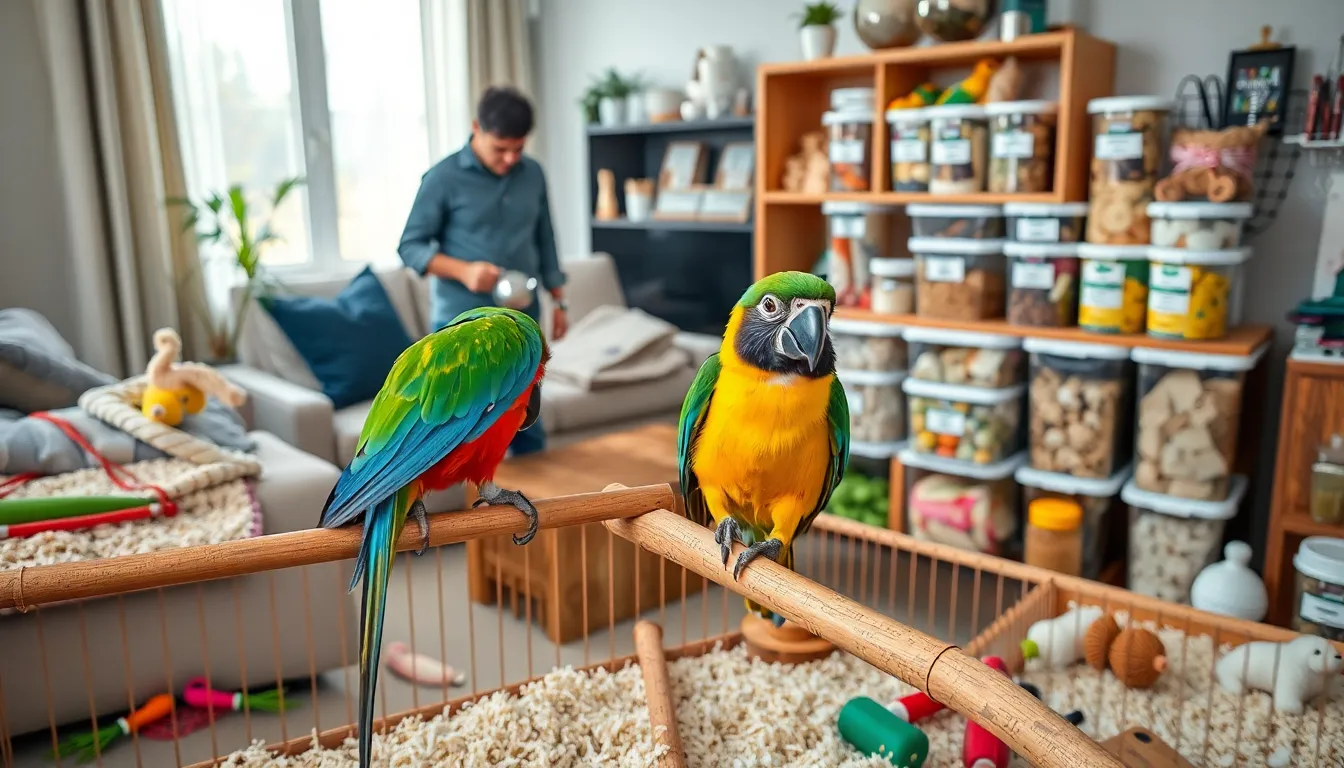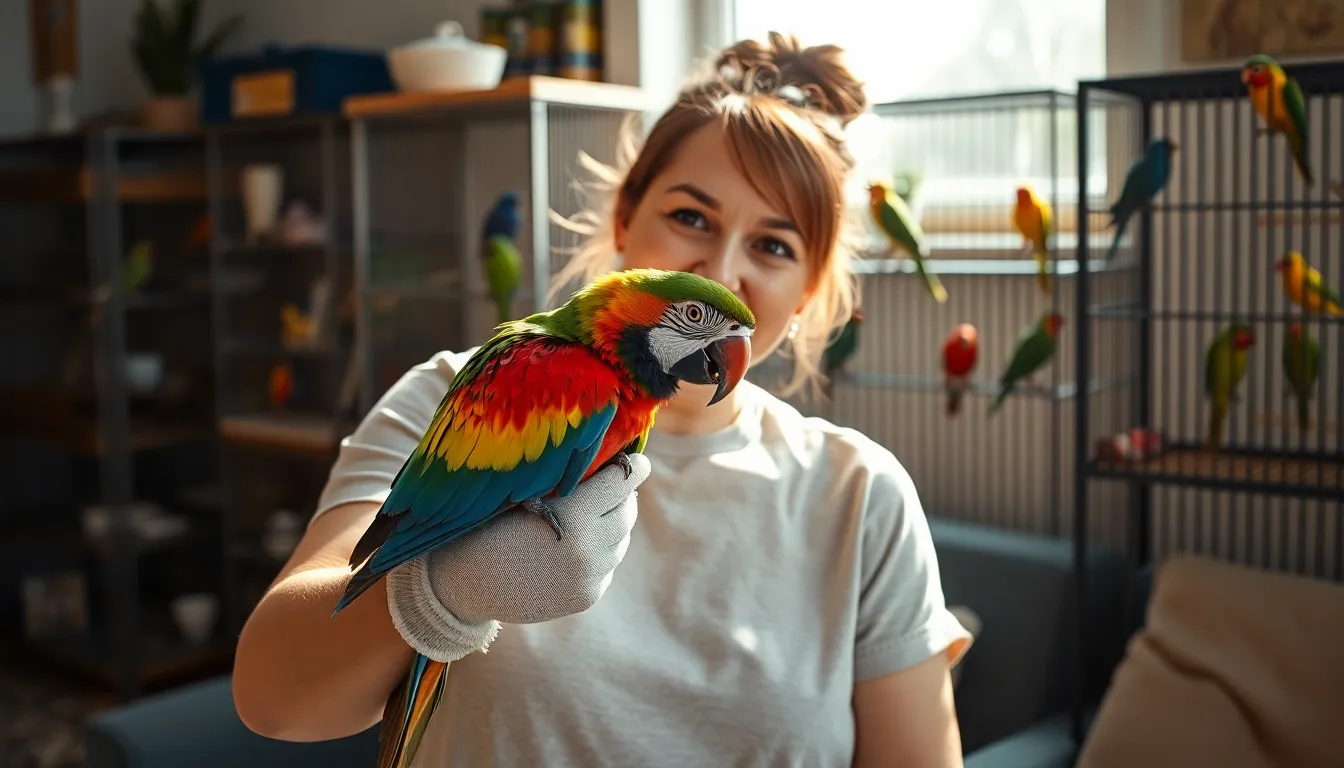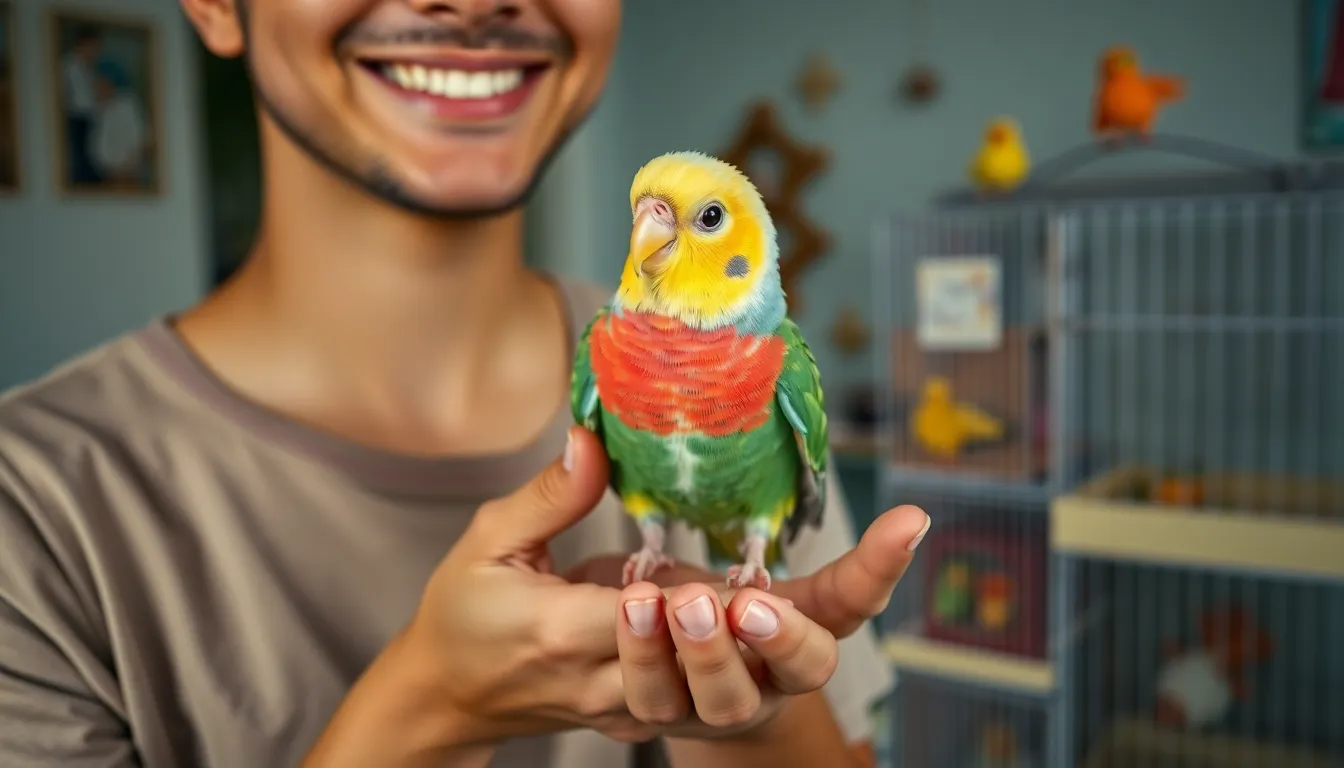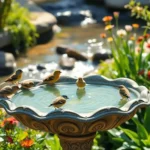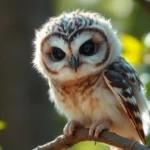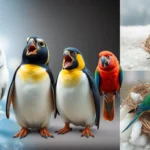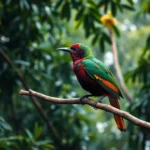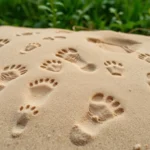We’ve all been there – planning a vacation or business trip while worrying about our feathered companions at home. Bird sitting has become an essential service for pet bird owners who refuse to compromise on their beloved pets’ care and wellbeing.
Unlike traditional pet sitting, caring for birds requires specialized knowledge and attention to detail. These intelligent creatures thrive on routine and can become stressed when their environment changes. That’s why finding the right bird sitter isn’t just about convenience – it’s about ensuring your parrot, canary, or cockatiel receives the expert care they deserve.
Whether you’re considering hiring a professional bird sitter or offering your services to fellow bird enthusiasts, understanding the ins and outs of avian care makes all the difference. We’ll explore everything from essential qualifications to daily care routines that keep our feathered friends happy and healthy while their owners are away.
What Is Bird Sitting?
Bird sitting involves caring for pet birds in their familiar home environment while owners travel or face temporary absences. Professional bird sitters and experienced caregivers provide specialized attention to species like parrots, canaries, cockatiels, and finches during these periods.
Unlike traditional pet sitting, bird care requires understanding of avian behavior patterns and environmental sensitivities. Birds maintain strict daily routines for feeding, social interaction, and cage maintenance that disruption can stress significantly. Temperature fluctuations, lighting changes, and unfamiliar sounds create anxiety in these sensitive creatures.
Key bird sitting responsibilities include:
- Feeding schedules – Maintaining exact meal times with appropriate seeds, pellets, fruits, and vegetables
- Social interaction – Providing daily conversation and mental stimulation through play
- Cage cleaning – Removing waste, refreshing water bowls, and sanitizing perches
- Health monitoring – Observing eating habits, activity levels, and behavioral changes
- Emergency response – Recognizing signs of illness and contacting avian veterinarians
Most bird sitting arrangements occur in the pet’s home environment rather than boarding facilities. This approach reduces stress levels while maintaining familiar surroundings, toys, and established routines. Experienced sitters often specialize in exact bird species since different breeds require varying care techniques and dietary needs.
Professional bird sitters typically charge between $25-50 per day depending on location, bird species complexity, and additional services requested. Many sitters offer overnight stays for birds requiring constant companionship or multiple daily interactions.
Benefits of Bird Sitting for Pet Owners
Bird sitting services transform travel anxiety into peace of mind for pet owners who understand their feathered companions’ complex needs. Professional sitters maintain the consistent routines that keep birds healthy and stress-free during owner absences.
Health and Safety Advantages
Experienced bird sitters recognize early warning signs of illness that untrained caregivers often miss. Respiratory changes, appetite fluctuations, and behavioral shifts receive immediate attention from knowledgeable professionals. Emergency veterinary care coordination becomes seamless when sitters maintain relationships with local avian veterinarians.
Daily health monitoring includes weight checks for smaller species like canaries and visual assessments for larger birds such as macaws. Medication administration follows precise schedules without the confusion that boarding facilities sometimes experience.
Stress Reduction for Birds
Familiar surroundings eliminate the trauma of cage relocation that occurs with traditional boarding options. Birds maintain their established perch preferences, toy arrangements, and territorial comfort zones. Social interaction continues through regular conversation sessions that prevent the isolation-induced behaviors common in boarding situations.
Routine preservation extends to feeding times, sleep schedules, and exercise periods that boarding facilities rarely customize for individual birds. Temperature and lighting controls remain consistent with the bird’s accustomed environment.
Financial and Practical Benefits
| Service Type | Average Cost | Additional Expenses |
|---|---|---|
| Bird Sitting | $25-50/day | None |
| Avian Boarding | $35-75/day | Transportation, stress medication |
| General Pet Sitters | $15-30/day | Potential emergency vet bills |
Home-based care eliminates transportation stress and associated veterinary costs that often arise from boarding trauma. Property security improves when sitters maintain regular home presence during extended owner travel periods.
Customized Care Benefits
Individual bird personalities receive attention that group boarding environments cannot provide. Shy cockatiels get gentle encouragement while gregarious parrots receive the social stimulation they crave. Dietary restrictions and medication schedules remain precisely managed without the errors that occur in busy boarding facilities.
Specialized knowledge of species-exact needs ensures proper humidity levels for tropical birds and appropriate lighting cycles for all avian companions. Exercise routines continue uninterrupted with supervised flight time in familiar spaces.
Essential Qualifications for Bird Sitters
Professional bird sitting demands exact expertise that distinguishes qualified caregivers from general pet sitters. We examine the core competencies that enable sitters to provide exceptional avian care while maintaining the health and wellbeing of our feathered companions.
Understanding Bird Behavior and Body Language
Bird behavior expertise forms the foundation of effective avian caregiving. Qualified sitters interpret subtle body language cues that indicate stress, contentment, or illness in species ranging from cockatiels to macaws. Head bobbing signals excitement or attention-seeking in parrots, while tail fanning often indicates territorial behavior or stress.
Vocalization patterns reveal emotional states and health conditions across different bird species. Cockatiels produce contact calls when separated from flock members, canaries sing primarily during daylight hours when healthy, and African grey parrots mimic household sounds to communicate comfort levels. Understanding these species-exact behaviors enables sitters to recognize deviations from normal patterns.
Social interaction requirements vary significantly among bird types and individual personalities. Conures demand 2-3 hours of direct interaction daily, budgerigars thrive with brief but frequent social sessions, and some rescue birds require gentle patience due to past trauma experiences. Experienced sitters adapt their approach based on each bird’s documented preferences and behavioral history.
Territory and flock dynamics influence how birds respond to new caregivers in their established environments. Single birds often bond quickly with consistent sitters, while multi-bird households require understanding of established hierarchies and interaction patterns between cage mates.
Basic Avian Health Knowledge
Avian health assessment skills enable bird sitters to monitor critical wellness indicators throughout care periods. Normal vital signs vary by species, with small finches maintaining heart rates of 400-600 beats per minute compared to larger parrots at 150-300 beats per minute. Healthy birds display bright eyes, smooth feathers, and consistent appetite patterns.
Respiratory indicators provide immediate health status information that qualified sitters monitor continuously. Tail bobbing while breathing signals respiratory distress, open-mouth breathing indicates severe stress or illness, and changes in vocalization quality often precede serious health complications. These symptoms require immediate veterinary attention.
Common avian illnesses present recognizable symptoms that trained sitters identify early. Psittacosis causes lethargy and respiratory symptoms, feather plucking indicates stress or medical conditions, and sudden appetite changes signal potential digestive or systemic problems. Early detection significantly improves treatment outcomes.
Medication administration requires precise knowledge of dosing schedules and delivery methods for various bird species. Liquid medications require careful restraint techniques to prevent aspiration, while some treatments are mixed into exact food items to ensure consumption. Documentation of medication times and bird responses maintains continuity of care.
Emergency Response Skills
Emergency protocols for avian care differ substantially from other pet emergency procedures. Qualified bird sitters maintain updated contact information for avian veterinarians, as general practice veterinarians often lack specialized bird care expertise. Emergency transport requires proper carrier setup with perches and familiar bedding materials.
Critical emergency situations demand immediate recognition and appropriate response actions. Birds hide illness symptoms until conditions become severe, making rapid assessment crucial when problems arise. Bleeding emergencies require cornstarch application rather than typical wound care, while egg binding in female birds constitutes a life-threatening emergency requiring immediate veterinary intervention.
Temperature regulation emergencies occur frequently in bird care situations. Overheating symptoms include panting and wing spreading, while hypothermia presents through fluffed feathers and lethargy. Environmental temperature adjustments and emergency heating or cooling measures can stabilize birds until professional care becomes available.
Poisoning incidents require exact knowledge of substances toxic to birds, including common household items safe for other pets. Teflon fumes, chocolate, avocado, and many houseplants pose severe risks to avian respiratory and digestive systems. Quick identification of exposure sources and immediate veterinary contact prevents fatal outcomes in poisoning cases.
Key Responsibilities of a Professional Bird Sitter
Professional bird sitters manage comprehensive care duties that extend far beyond basic pet supervision. These specialized caregivers maintain the delicate balance of routine and attention that keeps avian companions healthy during their owner’s absence.
Daily Care and Feeding Requirements
Feeding schedules form the cornerstone of professional bird sitting services. Most bird species require 2-3 scheduled meals per day, with exact timing windows that sitters must maintain within 30 minutes of the established routine.
Fresh water changes occur twice daily to prevent bacterial growth that can develop within 6-8 hours in warm environments. Professional sitters measure precise portions for each feeding session, as overfeeding causes obesity in 40% of pet birds according to avian veterinary studies.
Species-exact dietary requirements demand careful attention from experienced sitters:
- Seed-eating birds like canaries receive 1-2 tablespoons of high-quality seed mix daily
- Fruit-eating species such as lories consume 2-3 servings of fresh fruit with nectar supplements
- Pellet-fed parrots get measured portions based on their body weight and activity level
Medication administration occurs at prescribed intervals when birds require ongoing treatment. Sitters document each feeding time and food consumption amounts to track eating patterns and identify potential health concerns.
Cage Maintenance and Hygiene
Cage cleaning schedules maintain sanitary conditions that prevent disease transmission in confined spaces. Daily spot cleaning removes food debris and droppings from cage floors, while water and food dishes receive thorough washing every 24 hours.
Perch rotation and cleaning occur weekly to prevent bacterial buildup that causes foot infections. Professional sitters inspect cage bars and accessories for wear patterns that might create injury risks or escape opportunities.
Liner changes happen daily in most cases, though some larger aviaries require twice-daily attention during active feeding periods. Sitters use bird-safe cleaning products without chemical residues that can harm sensitive respiratory systems.
Toy sanitation involves weekly washing and rotating enrichment items to maintain mental stimulation. Fresh branches and natural perches get replaced when showing signs of deterioration or excessive wear patterns.
Social Interaction and Enrichment Activities
Social engagement provides critical mental stimulation that prevents behavioral problems in captive birds. Professional sitters spend 2-4 hours daily interacting with social species like African Grey parrots and cockatoos.
Training reinforcement maintains established behaviors through positive reward systems. Sitters practice step-up commands, target training, and recall exercises that keep birds mentally active and responsive to human interaction.
Environmental enrichment activities include:
- Puzzle feeders that encourage natural foraging behaviors
- Rotating toy selections every 3-4 days to prevent boredom
- Music or nature sounds during appropriate hours
- Supervised out-of-cage exercise time in bird-proofed areas
Species-appropriate activities match natural behaviors, with climbing opportunities for hookbills and flight space for smaller songbirds. Professional sitters recognize stress signals and adjust interaction levels based on individual bird personalities and comfort zones.
Play sessions incorporate problem-solving games that challenge cognitive abilities and prevent destructive behaviors. Sitters document behavioral changes and activity preferences to provide detailed reports for returning owners.
How to Find Reliable Bird Sitting Services
Finding trustworthy bird sitting services requires strategic research across multiple channels to connect with qualified caregivers who understand avian needs. We’ve identified three primary methods that consistently yield the most reliable bird sitters with specialized expertise.
Online Platforms and Apps
Digital platforms offer comprehensive vetting systems that help us identify experienced bird sitters with verified credentials. Rover and Care.com feature specialized bird care categories where sitters list their avian experience, certifications, and species expertise. These platforms provide user reviews, background checks, and insurance coverage that protect both pets and owners during bird sitting arrangements.
Specialized apps like PetBacker and Fetch focus exclusively on exotic pet care, connecting bird owners with sitters who demonstrate advanced knowledge of avian behavior and health monitoring. Platform profiles typically include photos of previous bird clients, detailed experience descriptions, and emergency response protocols exact to bird care situations.
We recommend filtering search results by experience level, reading multiple reviews from other bird owners, and scheduling video consultations to assess the sitter’s knowledge of your exact bird species before making arrangements.
Local Veterinary Referrals
Avian veterinarians maintain networks of trusted bird sitters who’ve demonstrated competent care during previous client referrals. Veterinary offices often keep referral lists of sitters who understand medication administration, health monitoring, and emergency response protocols essential for bird care.
These referrals carry important weight because veterinarians observe the quality of care provided by recommended sitters through follow up visits and client feedback. Many avian vets personally know referred sitters and can match exact caregivers with particular bird species or medical needs.
Contacting your bird’s veterinarian provides access to pre screened professionals who understand the clinical aspects of bird care, including recognizing illness symptoms and coordinating emergency treatment when necessary.
Bird Community Networks
Local bird clubs and parrot rescue organizations maintain active communities where experienced bird owners share trusted sitter recommendations. These networks include members who often provide bird sitting services themselves or maintain lists of vetted caregivers within the community.
Facebook groups dedicated to exact bird species or regional bird ownership connect us with fellow enthusiasts who’ve tested and recommended reliable sitters. Community members share detailed experiences, photos, and contact information for sitters who’ve successfully cared for their birds during extended absences.
Bird shows, adoption events, and specialty pet store bulletin boards display contact information for experienced bird sitters who actively participate in the local avian community and understand species exact care requirements.
Setting Up Your Bird for Success During Sitting
Setting up your bird for success during sitting requires comprehensive preparation that addresses every aspect of your pet’s daily routine. Proper preparation ensures your bird maintains their established routines while receiving specialized care from their temporary caregiver.
Preparing Detailed Care Instructions
Detailed care instructions serve as your bird sitter’s primary reference guide for maintaining your pet’s health and happiness. We recommend creating a comprehensive document that outlines feeding schedules with exact portion sizes, preferred food brands, and treat preferences. Document your bird’s daily routine including wake up times, social interaction periods, and bedtime schedules to maintain consistency.
Include behavioral notes about your bird’s personality traits, favorite activities, and stress triggers to help the sitter understand their unique needs. List any medications with precise dosages, administration times, and storage requirements. Document cage cleaning preferences including frequency of liner changes, water bowl cleaning schedules, and toy rotation patterns.
Create emergency protocols that specify when to contact you versus when to seek immediate veterinary care. Include your bird’s body language cues for happiness, stress, and illness to help the sitter monitor their wellbeing effectively. Provide contact information for your regular avian veterinarian and backup emergency clinics.
Creating a Comfortable Environment
Creating a comfortable environment involves maintaining familiar surroundings while ensuring easy access for your bird sitter. Position your bird’s cage in its usual location to preserve their sense of security and territorial boundaries. Stock adequate supplies including at least one week’s worth of food, fresh bedding materials, and cleaning supplies.
Prepare enrichment items like favorite toys, foraging materials, and interactive puzzles that keep your bird mentally stimulated. Remove any hazardous items from the area and secure potential escape routes to prevent accidents. Set up proper lighting conditions that match your bird’s natural circadian rhythms.
Organize all care supplies in clearly labeled containers that your sitter can easily locate. Create a quiet space where your bird can retreat if they feel overwhelmed by the presence of a new caregiver. Ensure room temperature remains consistent within your bird’s preferred range throughout the sitting period.
Emergency Contact Information
Emergency contact information forms the safety net that protects your bird during unexpected situations. Compile a prioritized contact list starting with your primary phone number, followed by alternative contact methods like email or secondary phone numbers. Include contact information for trusted family members or friends who know your bird well.
List your avian veterinarian’s office number, after hours emergency line, and physical address for quick reference. Research and include contact details for the nearest 24 hour emergency veterinary clinic that treats birds. Document your bird’s medical history, allergies, and any ongoing health conditions that emergency responders might need to know.
Provide your bird sitter with written authorization to seek veterinary care on your behalf, including spending limits for emergency treatments. Include your pet insurance information if applicable, along with policy numbers and claim procedures. Create a backup contact system that allows your sitter to reach someone immediately if you’re temporarily unavailable during your travels.
Cost Factors for Bird Sitting Services
Geographic location significantly impacts bird sitting rates across different markets. Urban areas typically command higher prices due to increased demand and living costs, with metropolitan regions averaging $35-60 per day compared to rural areas at $20-35 daily. Coastal cities like San Francisco and New York often exceed these ranges, reaching $70-90 per day for specialized avian care.
Service duration affects pricing structures through economies of scale. Extended bookings of 7+ days frequently receive 10-15% discounts from professional sitters, while single day visits cost premium rates due to travel time and setup requirements. Weekend and holiday rates increase by 25-40% above standard weekday pricing.
Bird species complexity directly correlates with service costs. Large parrots requiring intensive interaction and specialized handling command $40-65 daily rates, while smaller birds like canaries or finches typically cost $25-35 per day. Exotic species such as toucans or birds of prey require expert sitters charging $60-100 daily due to their unique care requirements.
Number of birds creates tiered pricing models for multiple pet households. First bird establishes the base rate, with additional birds adding $10-20 each for standard species or $25-35 for complex breeds. Flocks of 5+ birds often qualify for bulk discounts reducing per bird costs by 15-20%.
Special care requirements increase baseline service fees substantially. Medication administration adds $10-15 daily to standard rates, while hand feeding baby birds commands premium charges of $20-30 extra per day. Birds recovering from illness or surgery require veterinary trained sitters at $50-75 daily rates.
| Cost Factor | Standard Range | Premium Range |
|---|---|---|
| Urban Location | $35-50/day | $60-90/day |
| Rural Location | $20-30/day | $35-45/day |
| Large Parrots | $40-55/day | $65-80/day |
| Small Birds | $25-35/day | $40-50/day |
| Additional Birds | +$10-20/bird | +$25-35/bird |
| Medication Care | +$10-15/day | +$20-25/day |
Sitter experience level creates distinct pricing tiers within local markets. Certified avian specialists with veterinary backgrounds charge 40-60% more than general pet sitters, reflecting their advanced training and emergency response capabilities. Professional bird sitters with 5+ years experience typically price services 25-35% above newcomers to the field.
Emergency availability and last minute bookings carry substantial surcharges. Same day service requests often incur 50-75% premium rates, while 24/7 on call availability adds $15-25 daily to standard pricing. Holiday coverage during peak travel seasons like Christmas or summer months increases rates by 30-50%.
Insurance and bonding coverage influences professional sitter pricing structures. Fully insured and bonded services cost 15-20% more than uninsured alternatives but provide crucial protection for high value birds. Professional liability coverage becomes essential for exotic species worth thousands of dollars.
Red Flags to Avoid When Choosing a Bird Sitter
Recognizing warning signs during your bird sitter selection process protects your feathered companion from potential harm. Several critical indicators suggest a candidate lacks the specialized knowledge required for proper avian care.
Inadequate Avian Experience
Bird sitters who claim general pet experience suffices for avian care demonstrate a fundamental misunderstanding of species-exact requirements. Candidates without documented bird handling history often underestimate the complexity of avian behavior patterns. Professional sitters must demonstrate familiarity with various species like cockatiels, conures, and African greys to provide appropriate care.
Lack of References or Credentials
Legitimate bird sitters maintain verifiable references from previous clients and veterinary professionals. Candidates who refuse to provide contact information for past employers raise immediate concerns about their service quality. Established sitters typically hold certifications from avian care organizations or have completed specialized training programs in bird behavior and health.
Poor Communication Skills
Effective bird sitting requires clear, consistent communication throughout the service period. Sitters who respond slowly to initial inquiries or provide vague answers about their experience create unnecessary anxiety for bird owners. Quality caregivers maintain regular contact schedules and provide detailed daily updates about your bird’s behavior and wellbeing.
Emergency Preparedness Gaps
Professional bird sitters must demonstrate comprehensive emergency response capabilities exact to avian health crises. Candidates unfamiliar with common bird emergencies like egg binding, respiratory distress, or toxic exposure lack essential safety knowledge. Qualified sitters maintain relationships with 24-hour veterinary clinics and understand when immediate medical intervention becomes necessary.
Unrealistic Pricing
Extremely low rates often indicate inexperienced sitters who undervalue the specialized nature of avian care. Professional bird sitting services typically charge $25-50 per day depending on location and complexity. Suspiciously cheap rates may compromise the quality of care your bird receives during your absence.
Inflexibility with Routines
Birds thrive on consistent daily schedules that sitters must respect and maintain precisely. Candidates who dismiss the importance of feeding times or social interaction routines demonstrate insufficient understanding of avian psychology. Experienced sitters adapt their schedules to match your bird’s established patterns rather than imposing their own preferences.
Insurance and Bonding Issues
Legitimate bird sitting services carry appropriate insurance coverage and bonding to protect both pets and property. Uninsured sitters expose bird owners to important financial liability in case of accidents or health emergencies. Professional services provide documentation of coverage limits and policy details upon request.
Conclusion
Bird sitting represents a vital service that bridges the gap between pet care and specialized avian expertise. When we entrust our feathered companions to qualified professionals we’re investing in their physical health and emotional wellbeing.
The specialized nature of bird care means we can’t treat it like traditional pet sitting. Our birds require caregivers who understand their unique behavioral patterns dietary needs and environmental sensitivities.
By choosing experienced bird sitters who demonstrate proper qualifications and credentials we ensure our pets receive the dedicated attention they deserve. The peace of mind that comes from knowing our birds are thriving in familiar surroundings while we’re away is invaluable.
Professional bird sitting isn’t just a convenience—it’s an essential service that allows us to maintain our birds’ quality of life regardless of our travel schedules.
Frequently Asked Questions
What is bird sitting and how does it differ from regular pet sitting?
Bird sitting involves caring for pet birds in their familiar home environment during the owner’s absence. Unlike regular pet sitting, it requires specialized knowledge of avian behavior patterns, strict routine maintenance, and understanding of birds’ environmental sensitivities. Professional bird sitters provide species-specific care that addresses the unique social, dietary, and health needs of different bird types.
How much does professional bird sitting typically cost?
Professional bird sitting services typically range from $25-50 per day, depending on various factors. Urban areas generally command higher prices than rural locations. Additional costs may apply for multiple birds, complex species requiring specialized care, emergency availability, medication administration, and sitters with extensive avian experience or certifications.
What qualifications should I look for in a bird sitter?
Look for sitters with expertise in bird behavior and body language interpretation, basic avian health knowledge, and emergency response skills. Qualified sitters should understand social interaction requirements, territory dynamics, and be able to recognize signs of stress, contentment, or illness. Experience with your specific bird species is particularly valuable.
Where can I find reliable bird sitting services?
You can find trustworthy bird sitters through three main channels: online platforms and apps with vetting systems and user reviews, referrals from local avian veterinarians who maintain networks of trusted sitters, and bird community networks including local bird clubs and social media groups focused on avian care.
What are the main responsibilities of a professional bird sitter?
Bird sitters handle daily care including strict feeding schedules, fresh water provision, and medication administration. They maintain cage hygiene through regular cleaning, provide social interaction and mental stimulation activities, monitor bird health indicators, and respond to emergencies. They also ensure environmental safety and comfort while maintaining familiar routines.
What red flags should I avoid when choosing a bird sitter?
Avoid sitters with inadequate avian experience, lack of references or credentials, and poor communication skills. Be wary of those with gaps in emergency preparedness, unrealistic pricing (too high or too low), inflexibility with established routines, and missing insurance or bonding coverage. These indicators suggest insufficient specialized knowledge for proper avian care.
How should I prepare my bird for a sitting service?
Create detailed care instructions outlining feeding schedules, daily routines, and behavioral notes. Maintain familiar surroundings while ensuring easy sitter access, and prepare enrichment items for mental stimulation. Provide comprehensive emergency contact information including veterinary details and care authorization to ensure your bird’s safety during unexpected situations.
Why is bird sitting better than boarding for my pet bird?
Bird sitting allows your bird to remain in their familiar home environment, reducing stress and maintaining established routines. It provides personalized attention, reduces illness exposure risks, and offers more cost-effective care compared to specialized avian boarding facilities. Your bird receives individualized care tailored to their specific personality and needs.





